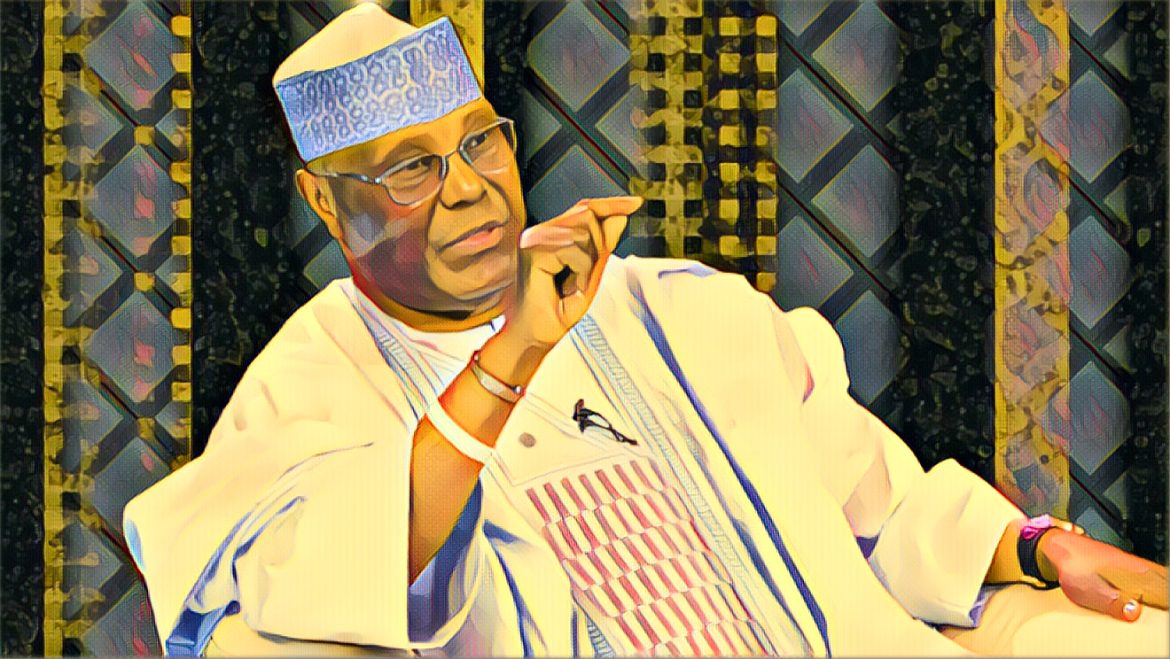Former Vice President and the Peoples Democratic Party (PDP) presidential candidate for the February 25 elections, Alhaji Atiku Abubakar, refuted speculations about his retirement from politics yesterday. He emphasized that while he believes the future political fight should belong to Nigeria’s younger generation, he remains committed to the country’s political landscape.
Atiku voiced his concerns during a press conference about the Supreme Court’s confirmation of Bola Tinubu’s presidency. He expressed apprehension over the potential repercussions of the Supreme Court’s decision on the nation’s political future. In contrast, President Tinubu criticized Atiku’s remarks, suggesting that Atiku was merely upset with the Supreme Court’s decision.
President Tinubu’s Special Adviser on Information and Strategy, Bayo Onanuga, countered Atiku’s claims about the 2023 presidential election. He stated that it was Atiku’s aspirations, not the country’s future, that faced bleak prospects. The All Progressives Congress (APC) further criticized Atiku for anticipating the court would consider his evidence against Tinubu’s victory.
According to a report by This Day Live, Atiku responded, detailing his commitment to Nigerian democracy and the rule of law. He emphasized the significance of younger Nigerians taking charge, given the challenges ahead. Reflecting on the Supreme Court’s judgment, Atiku warned that the ruling’s implications could extend beyond the current administration.
Throughout his political journey, Atiku highlighted his dedication to democratic values, even when faced with personal challenges, including assassination attempts and unjust confiscations. His involvement in opposing the undue extension of governmental tenure was a point of pride for him. He expressed his disappointment with the recent election outcome but maintained his commitment to seeking justice through legal channels.
Furthermore, Atiku claimed he provided evidence suggesting President Tinubu was ineligible for the presidency, alleging discrepancies in his academic records. He expressed concern over the Supreme Court’s decision and the politicization of critical Nigerian institutions.
Atiku concluded with recommendations to strengthen Nigerian democracy. He proposed constitutional amendments to ensure elections are free, fair, and transparent. He also stressed the importance of INEC verifying candidates’ credentials, urging for the disqualification of candidates who submit contradictory or falsified documents.
Lastly, he called for reforms in the judiciary to bolster its transparency and integrity.


